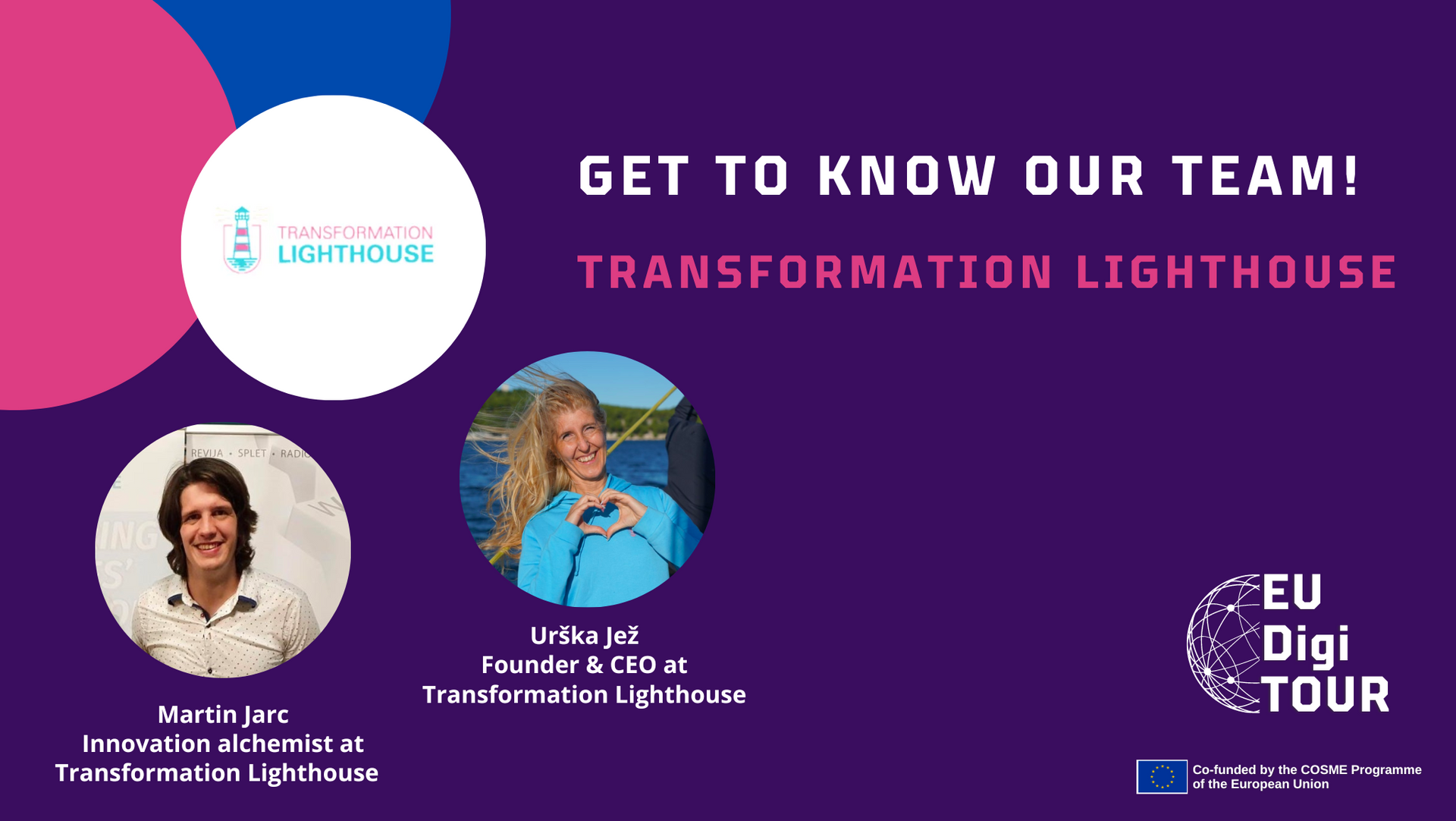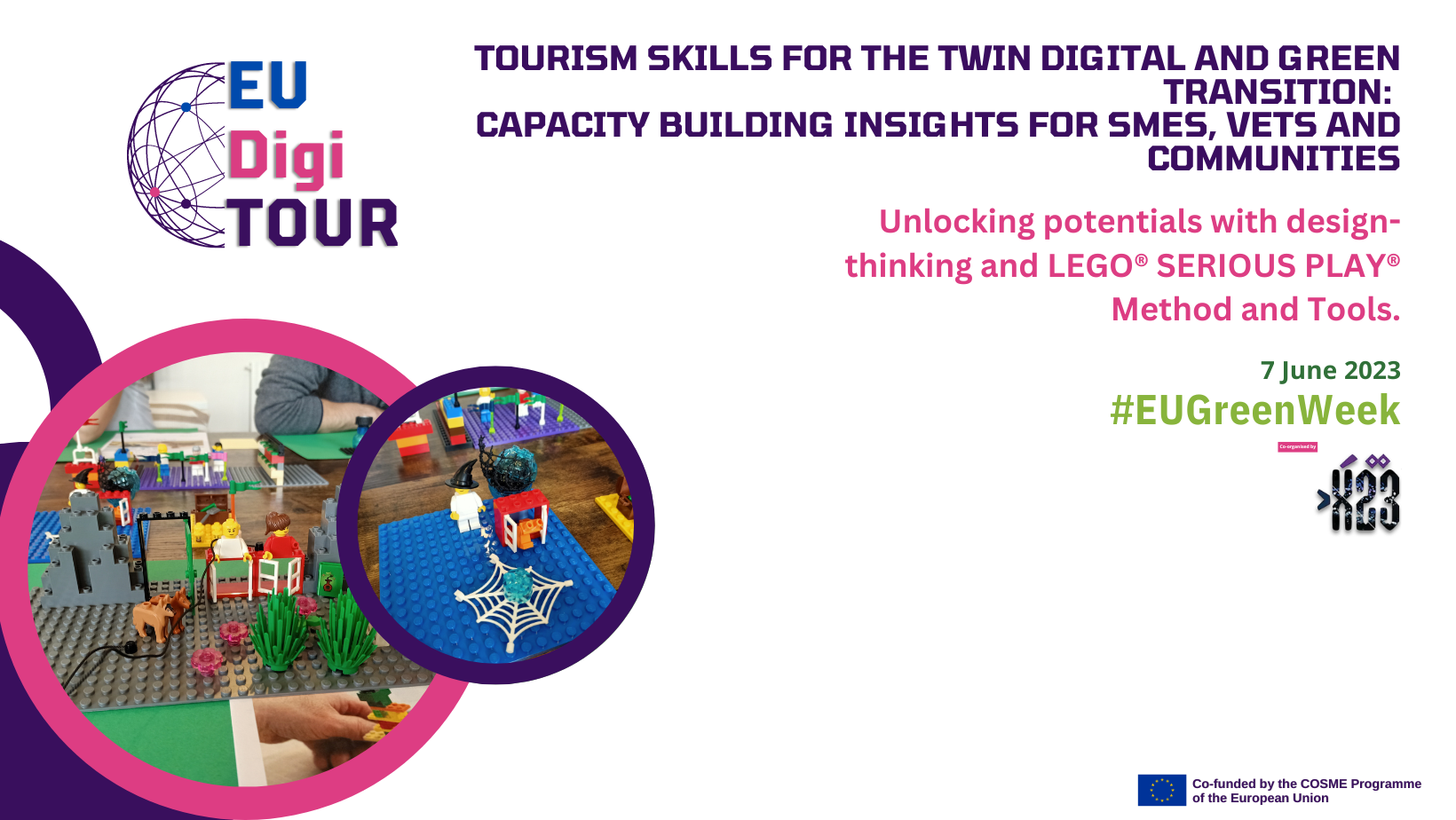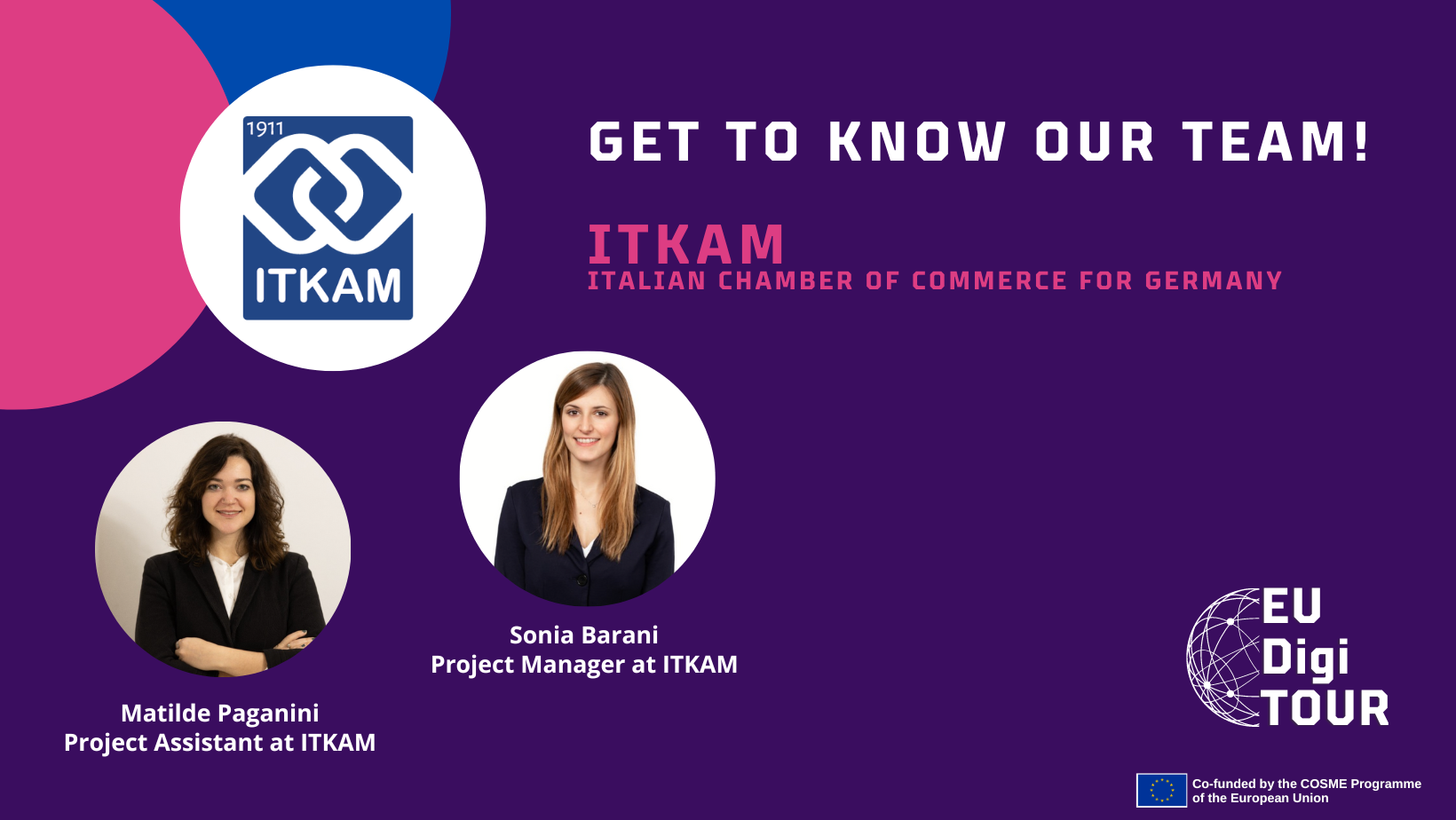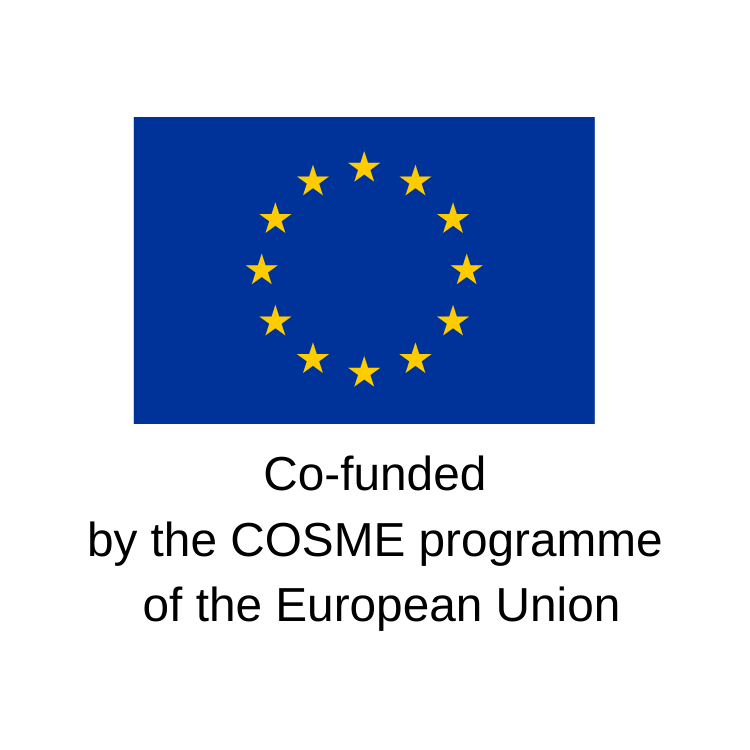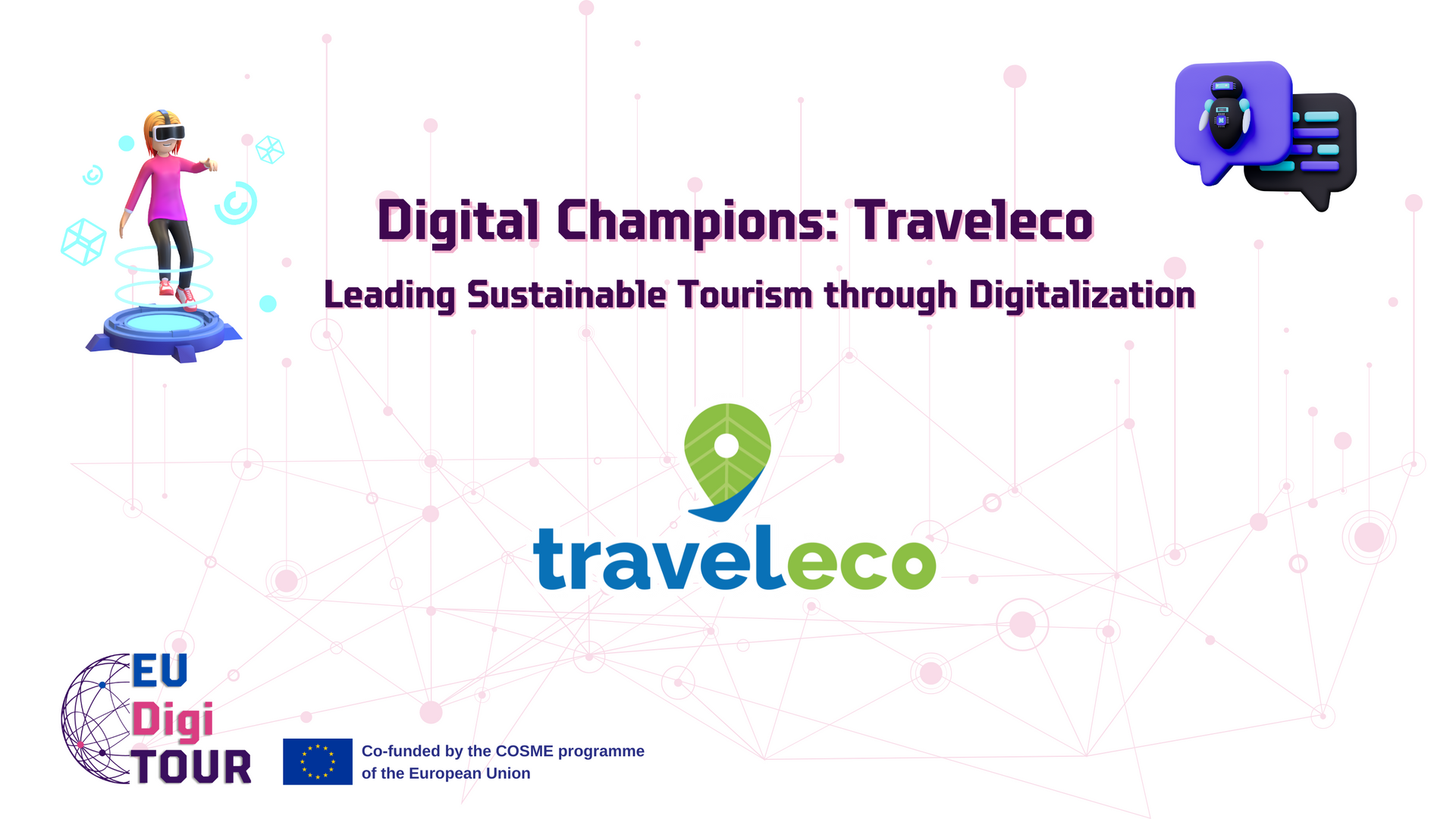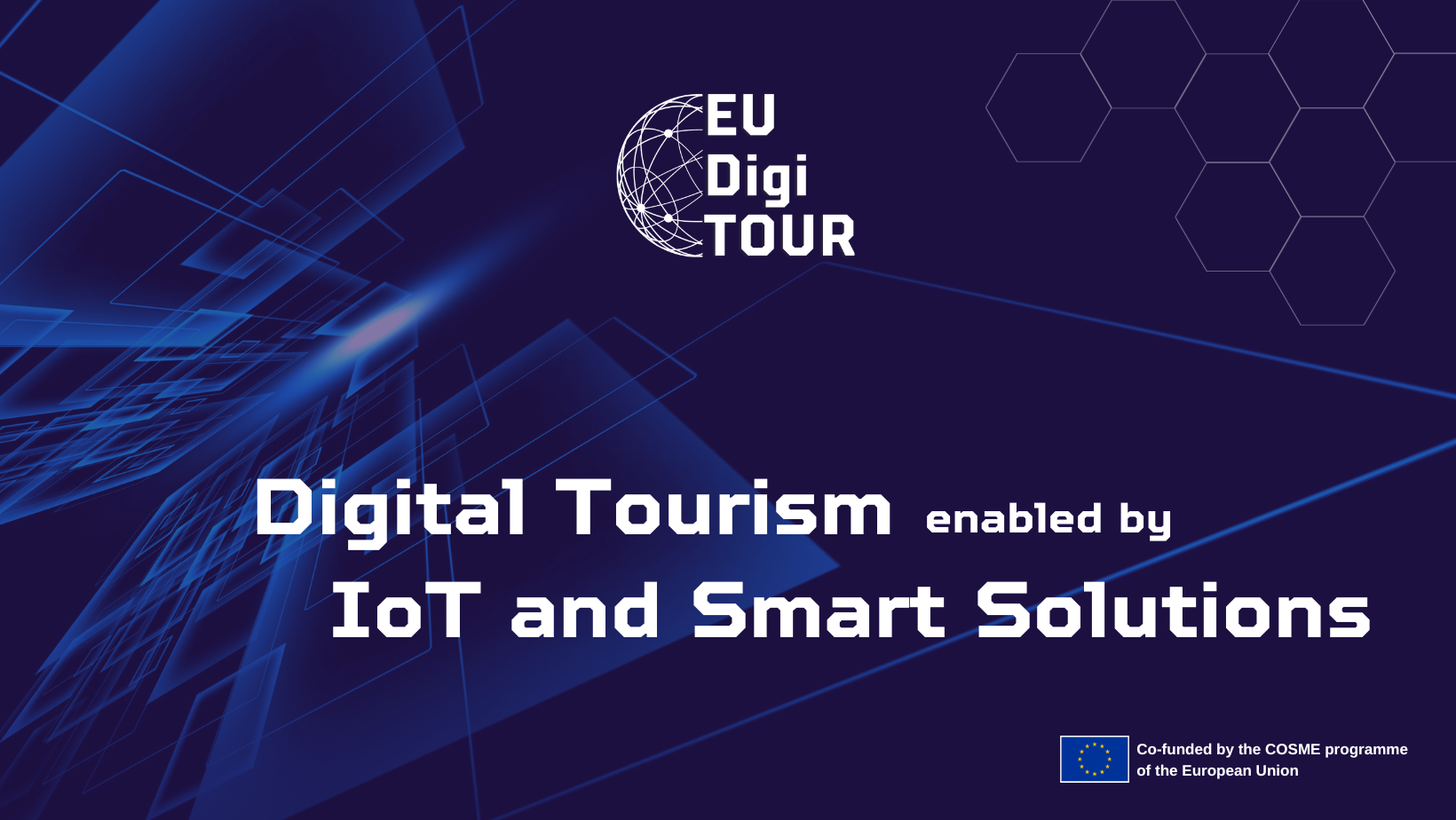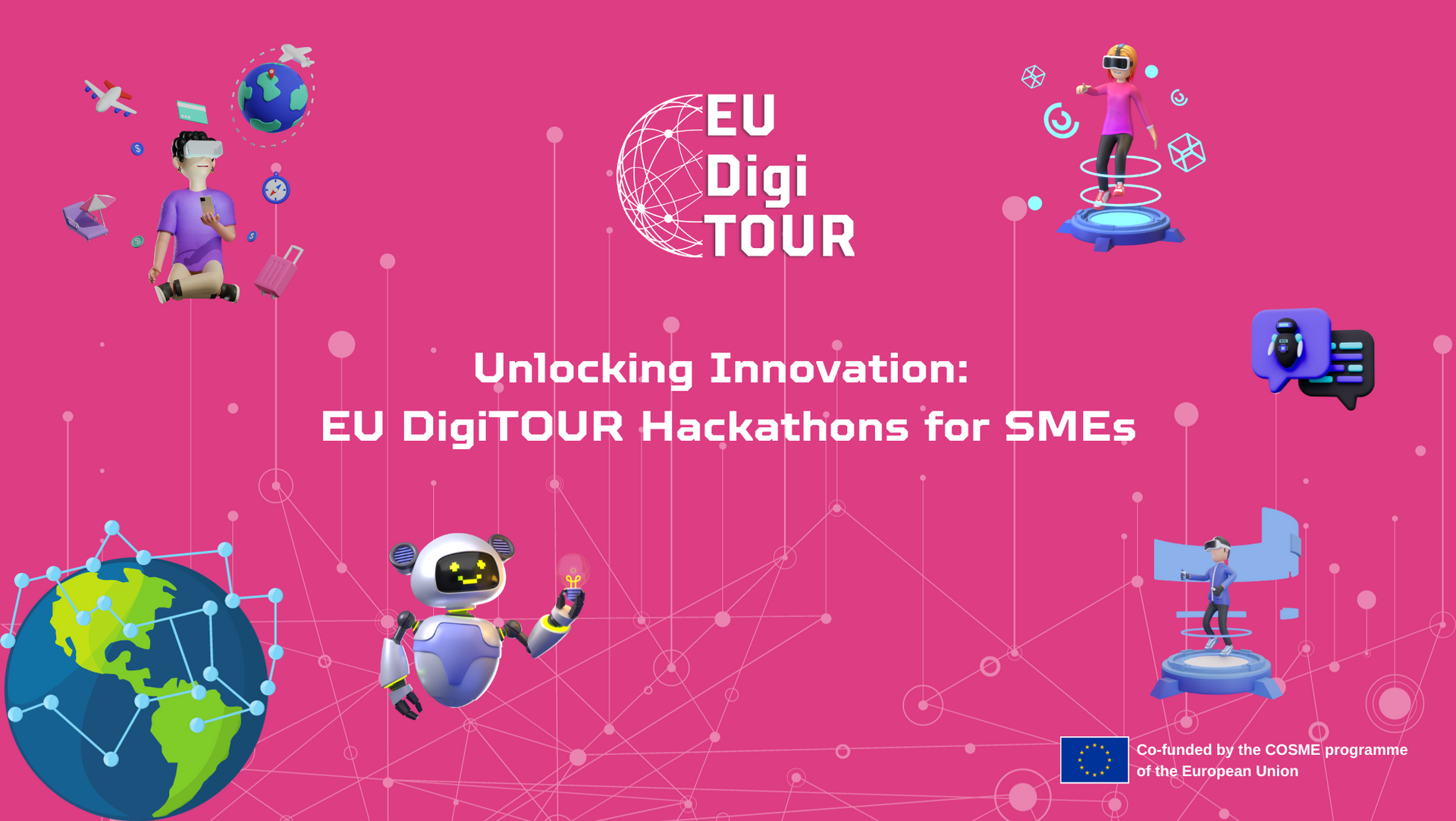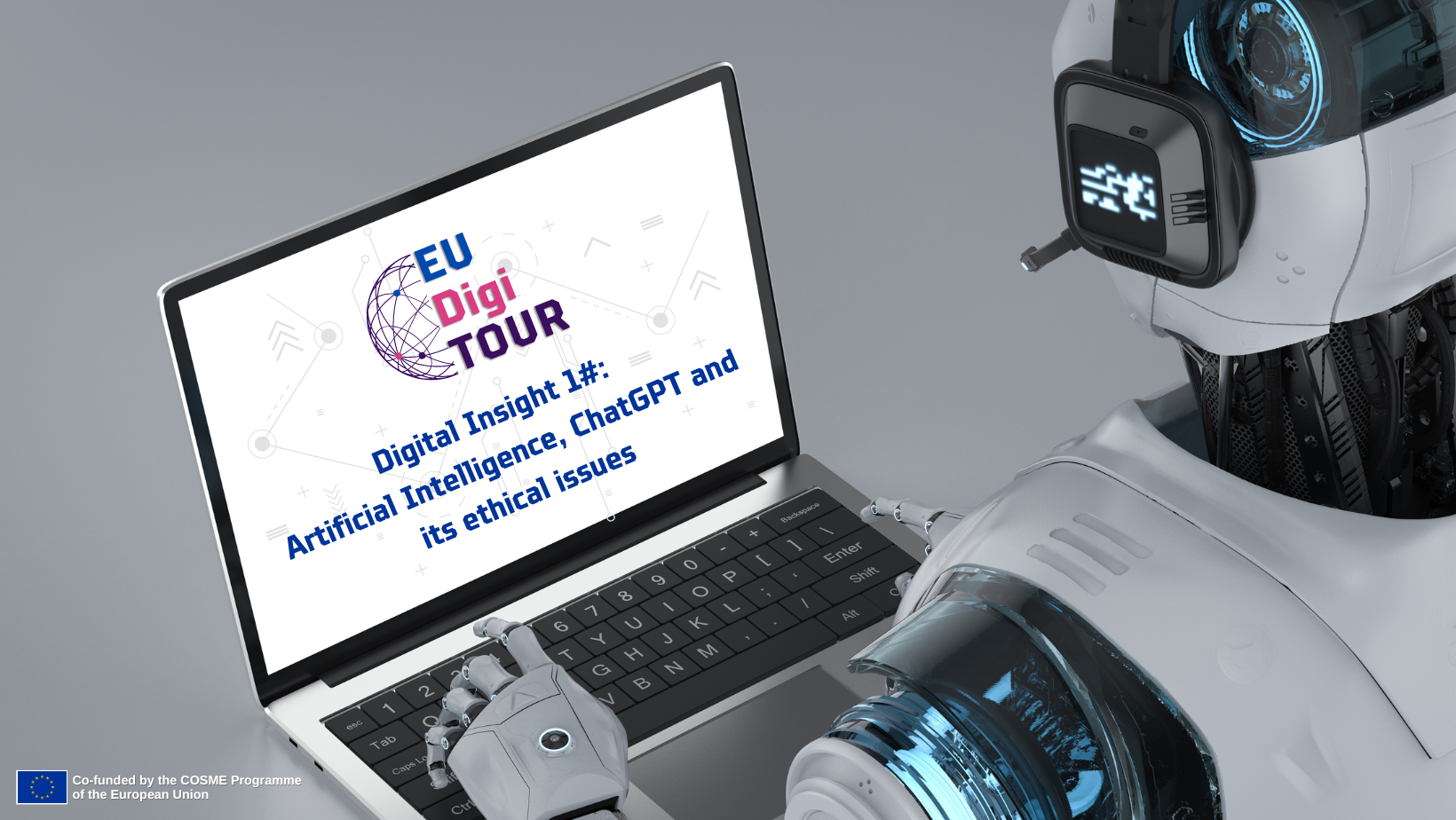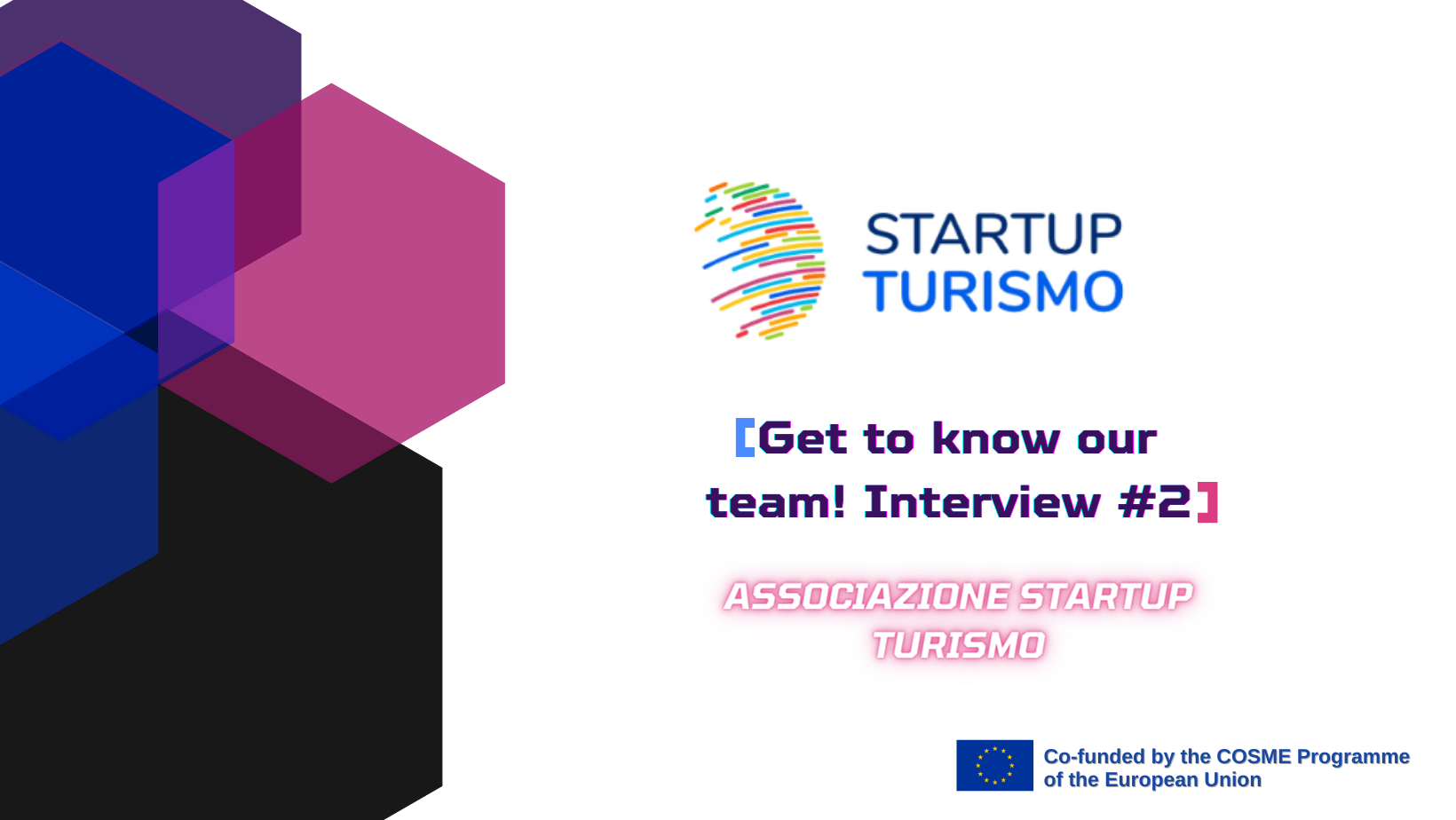The tourism industry has always been at the forefront of embracing technological advancements to enhance the travel experience. As we step into the second half of 2023, the convergence of technology and tourism continues to revolutionize the way we explore the world. From personalized recommendations to immersive experiences, the travel landscape is being transformed by cutting-edge innovations. We will dive into the top tech trends shaping the future of the tourism industry in 2023.
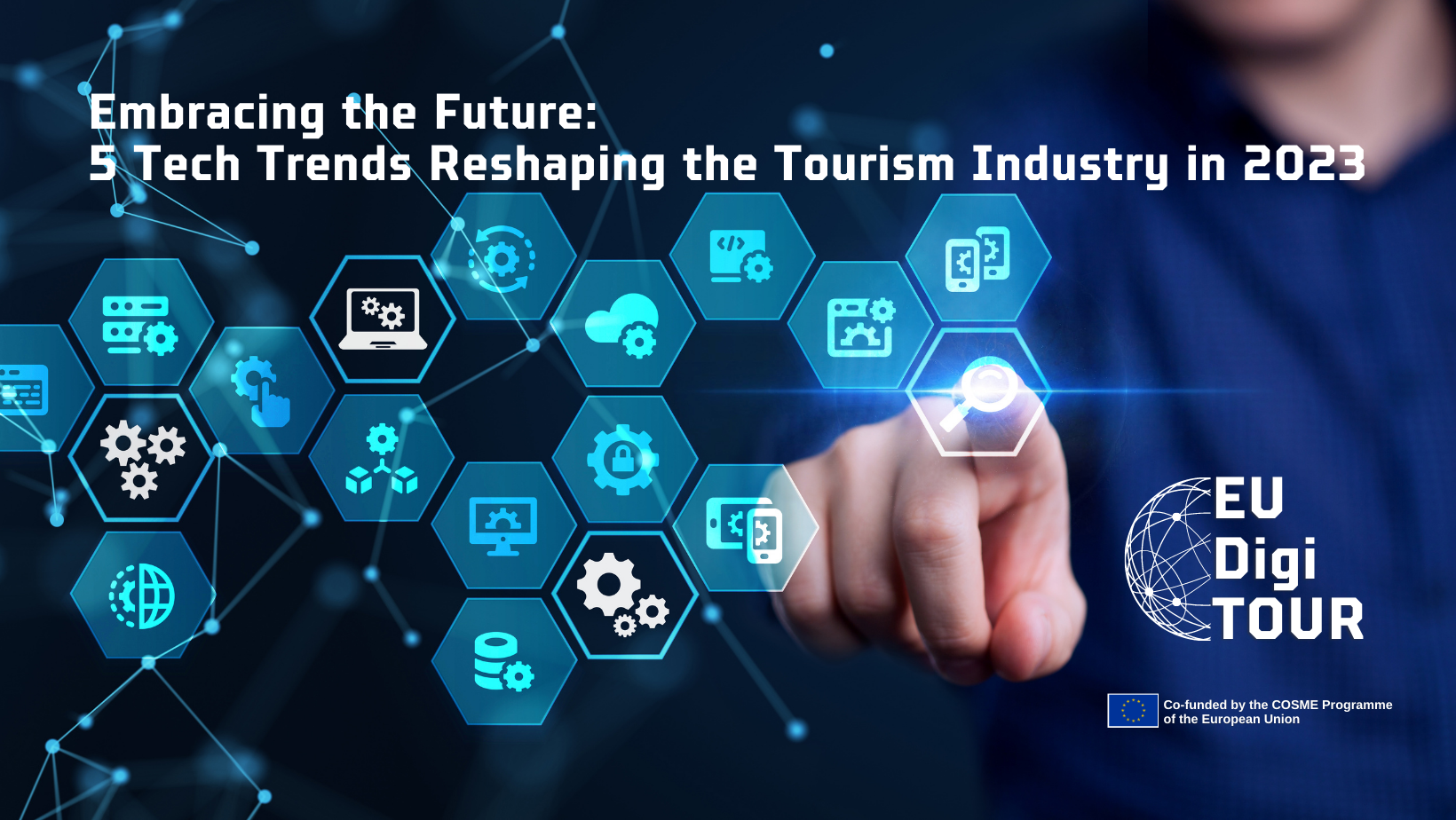
Artificial Intelligence (AI) and Machine Learning (ML)
Artificial Intelligence and Machine Learning have become integral components of the tourism industry, enabling personalized and tailored experiences for travelers. AI-powered chatbots and virtual assistants are assisting travelers throughout their journey, from trip planning to real-time support. These intelligent systems can provide instant responses, offer suggestions based on individual preferences, and even handle bookings. Machine Learning algorithms are analyzing vast amounts of data to predict trends, optimize pricing, and improve customer satisfaction.
Augmented Reality (AR) and Virtual Reality (VR)
AR and VR technologies are transforming the way travelers interact with their destinations. Through AR-enhanced mobile applications, tourists can access real-time information and immersive experiences, overlaying digital information on their physical surroundings. VR, on the other hand, allows travelers to explore and experience destinations virtually, making it easier to plan trips and make informed decisions. Hotels and travel agencies are utilizing VR to provide virtual tours, giving customers a taste of their offerings before they book.
Internet of Things (IoT)
The Internet of Things is making travel smarter and more convenient. IoT devices such as smart luggage, wearable tech, and connected hotel rooms are enhancing the overall travel experience. Smart luggage equipped with GPS tracking and digital locks ensures travelers' peace of mind, while wearable devices can provide real-time information about health and safety. Connected hotel rooms offer guests personalized experiences by adjusting temperature, lighting, and entertainment preferences based on individual preferences.
Blockchain Technology
Blockchain technology is revolutionizing the tourism industry by enhancing transparency, security, and trust. Smart contracts powered by blockchain enable secure and efficient transactions, eliminating the need for intermediaries. Travelers can make instant and secure payments, while suppliers can maintain an immutable record of transactions. Additionally, blockchain-based identity verification systems are simplifying the check-in process and reducing the risk of identity theft.
Sustainable Tourism Solutions
As sustainability becomes an increasingly important factor for travelers, technology is playing a vital role in promoting responsible tourism practices. Mobile applications and platforms are providing information about eco-friendly accommodations, sustainable activities, and carbon offset options. Additionally, AI-powered algorithms are optimizing travel routes, reducing carbon emissions, and minimizing the environmental impact of transportation.
The tourism industry is embracing a new era of innovation, fueled by cutting-edge technologies. In 2023, Artificial Intelligence, Augmented Reality, Virtual Reality, Internet of Things, Blockchain, and sustainable solutions are shaping the future of travel. These tech trends are revolutionizing the way we plan, book, and experience our journeys. As the industry continues to evolve, travelers can look forward to more personalized, immersive, and sustainable travel experiences, ensuring unforgettable adventures in the years to come.
